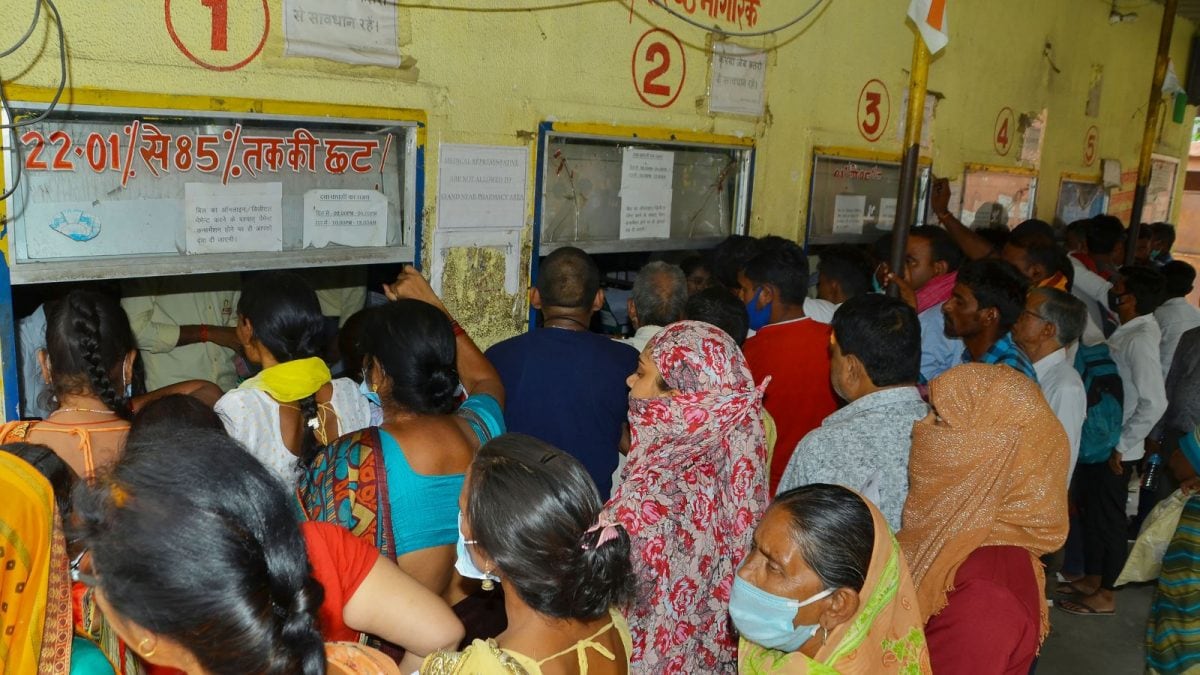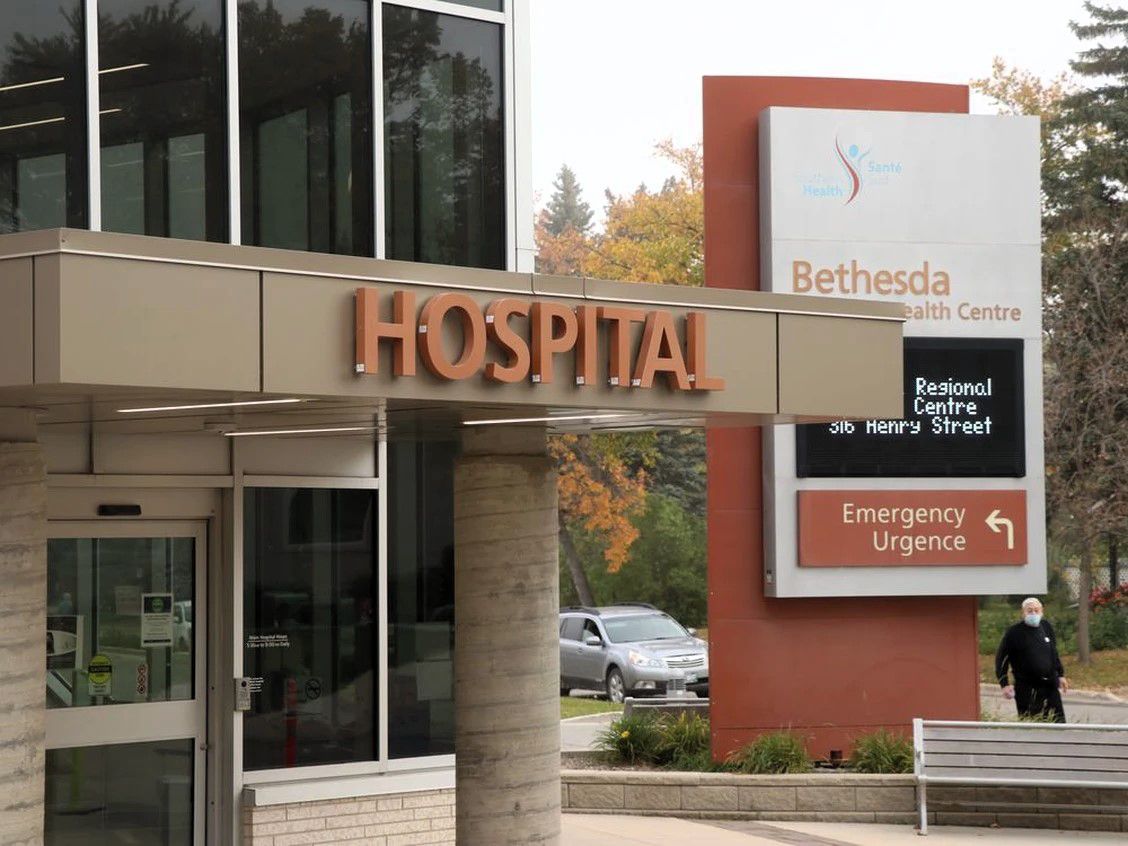New Hampshire Faces Billions in Potential Cuts to Healthcare & Food Aid Under New Tax Law

New Hampshire residents could be facing significant cuts to vital federal support programs, including healthcare and food assistance, due to the recently enacted One Big Beautiful Bill Act. A newly released report paints a stark picture, suggesting the state could lose billions of dollars in crucial funding. This development raises serious concerns about the potential impact on vulnerable populations and the state's overall economic well-being.
Understanding the One Big Beautiful Bill Act
The One Big Beautiful Bill Act, a sweeping piece of federal legislation, primarily focuses on tax cuts and adjustments to spending priorities. While proponents argue it will stimulate economic growth, critics contend it will exacerbate existing inequalities and lead to reduced funding for essential social safety nets. The report specifically examines the potential consequences for New Hampshire's access to federal healthcare and food assistance programs.
The Report's Findings: A Billions-Dollar Blow
The report, conducted by [mention the report's author/organization if available, otherwise state 'independent analysts'], estimates that New Hampshire could see a loss of billions of dollars in federal funding over the next several years. These cuts would primarily affect programs like Medicaid (providing healthcare to low-income individuals and families), the Supplemental Nutrition Assistance Program (SNAP, commonly known as food stamps), and other related assistance initiatives. The precise figures vary depending on different economic scenarios, but the overall trend indicates a substantial reduction in federal support.
Impact on New Hampshire Residents
The potential consequences for New Hampshire residents are far-reaching. Reduced healthcare access could lead to poorer health outcomes, increased emergency room visits, and greater financial strain on families. Cuts to food assistance programs could exacerbate food insecurity, particularly among children and seniors. The report highlights the potential for increased hardship and a widening gap between the wealthy and the vulnerable.
State Response and Future Outlook
New Hampshire state officials are currently assessing the report's findings and exploring potential mitigation strategies. These could include seeking alternative funding sources, streamlining existing programs, and advocating for revisions to the federal law. However, the state's options are limited, given the federal nature of these programs. The situation underscores the importance of ongoing monitoring and proactive policy adjustments to protect New Hampshire residents from the potential negative impacts of the One Big Beautiful Bill Act.
Further Analysis & Resources
- [Link to the full report if available]
- [Link to New Hampshire Medicaid website]
- [Link to New Hampshire SNAP website]
The debate surrounding the One Big Beautiful Bill Act and its impact on states like New Hampshire is likely to continue. This report serves as a crucial reminder of the potential consequences of federal policy decisions on local communities and the importance of advocating for policies that prioritize the well-being of all residents.






